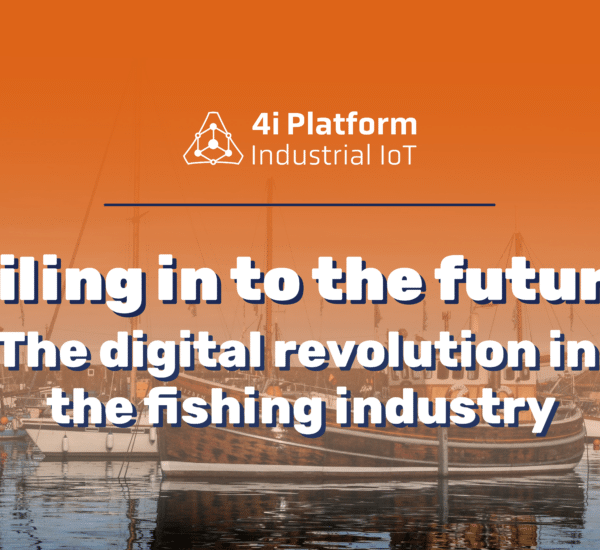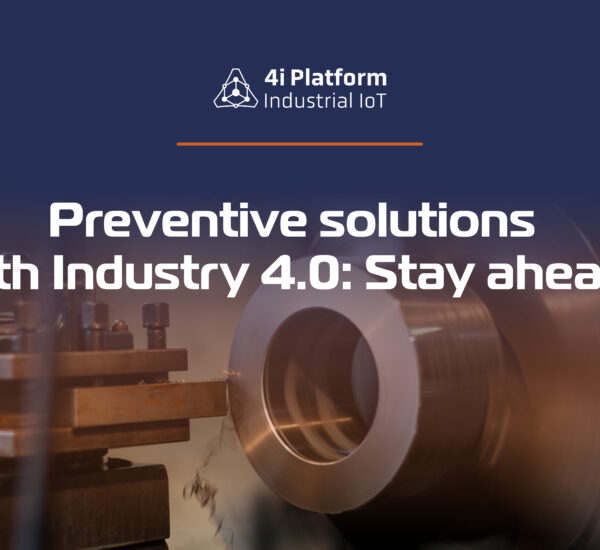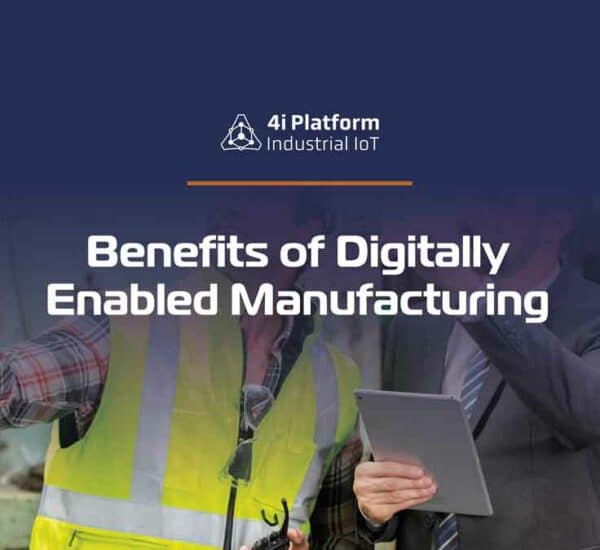IoT for Industrial Manufacturing, sometimes called the Industrial IoT (IIoT), offers manufacturers the ability to radically redefine their operations and even their entire businesses.
The capabilities of IoT enable manufacturers to gain greater visibility and insights into their operations through the proper and efficient utilization of data and the tighter integration of disparate systems.
This opens up the possibility for manufacturers of moving away from simply selling products to becoming a provider of services and strengthening the relationship they have with the end users of their products.
As a result, there are two main aspects for industrial manufacturers to think about carefully when adopting IoT.
The first, more direct, consideration is how IoT can benefit the business by improving processes, enhancing production efficiency and quality and by helping to introduce greater flexibility into the business. This is ultimately an internally-focused efficiency program and therefore projects can be initiated with precise and clear success metrics in mind.
This is a substantial opportunity for manufacturers to power operational optimization projects with real-time data enabled by IoT and this is relatively straightforward to accomplish by deploying sensors across the manufacturing environment and analyzing the data gathered to get actionable insights.
This area of opportunity represents only a small part of the advantages IoT can create for industrial manufacturers.
The second area to think about is harder to track and more difficult to implement, mainly because it involves large-scale business transformation. It goes to the foundation of how an industrial manufacturer sees itself and the extent to which digital transformation will be central to its strategy and as a result requires that more care is taken and greater caution is exercised.
By opening up a means for a complete business transformation, the rewards could be even much greater than those of generating greater efficiency in the traditional manufacturing business. The questions then remain, are existential: Does the company still want to be only a product manufacturer or does it want to bring new services and functionalities to market that open up new revenue streams and improve customers’ experiences?
This could involve a range of bundled services such as user analytics, data on consumables, data on excavator performance and many other metrics.
Opportunities to upsell and cross-sell other services could proliferate, providing the business with an opportunity to form a stronger relationship with the end customer and also to manage that effectively thanks to the data it collects about how the excavator is being used and how it is performing in the field.
Why does industrial manufacturing need IoT?
Industrial manufacturing organizations have been challenged for a handful of years in terms of how to operate more productively and efficiently. Under attack from competitors with manufacturing capabilities in markets where labor costs are much lower, organizations have been faced with the difficult challenge of relocating or making substantial efficiency gains in their existing factories.
Generating savings in businesses which generally rely on a network of distributors to sell and maintain their products across the world and consequently have a disconnected relationship with their end users means opportunities to access new forms of revenue away from just the initial sale of a product are limited.
A race to the bottom on price is of no attraction to shareholders because it offers no prospect of revenue growth as products become commoditized.
As a result, industrial manufacturing organizations must completely overhaul their cost bases and their strategies. Industrial IoT can aid in both of these goals because of the capability it offers to collect and transmit data from across the manufacturing process.
Sensors from the factory floor to the end product can feed vast volumes of data into a central point enabling manufacturing performance data to be analyzed and data from the product in deployment to be turned into actionable insights in near real-time.
This means that IoT can offer more than conventional process efficiency improvements on the factory floor. These are important but insights provided by IoT deployments also give room for more in-depth efficiency to be accomplished by addressing personnel optimization, environmental and fuel efficiency and increased automation.





